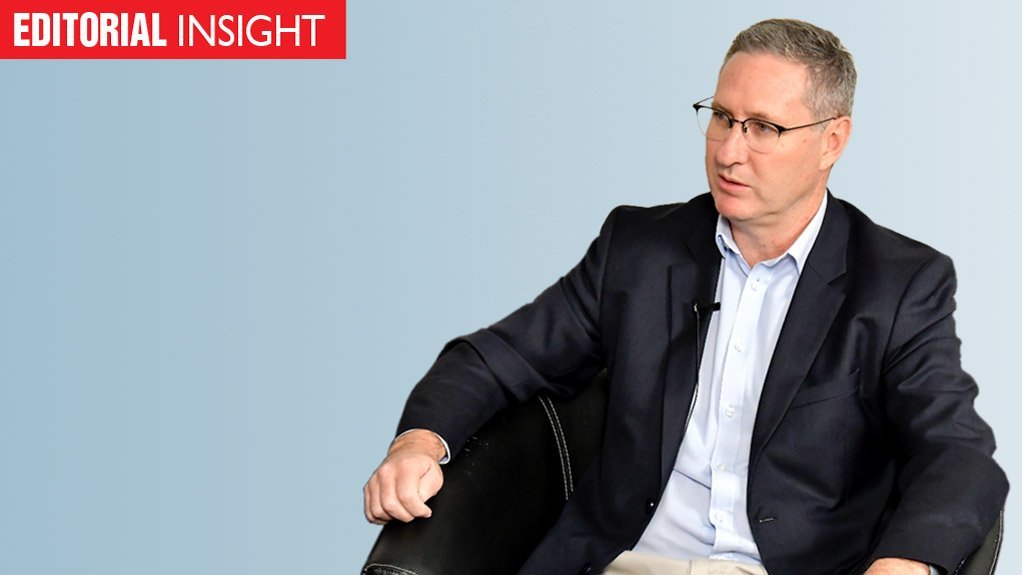For some, the unbundling of South Africa’s vertically integrated electricity utility is viewed as a wonkish problem somewhat akin to insisting that line departments should not have shareholder responsibility for the State-owned enterprises (SOEs) for which they set policy.
In both instances, there are real costs that extend beyond the problems of political interference and the exercise of monopoly power, which are typically (and correctly) cited as key reasons for both underperformance and malfeasance.
The moral hazard associated with the blurring of the lines between policy and shareholder responsibilities is well documented, with the core problem being that of confusing the interests of the incumbent monopoly with public interest when these are often quite distinct.
South Africa has entered a dangerous grey area with regard to the governance of its major SOEs with the decision to close the Ministry of Public Enterprises and wind up the department. The problem has a theoretical remedy with plans to set up an independent holding company to house those SOEs eventually.
South Africans will have to be extremely vigilant in the interim, however, with a real temptation existing now for Ministers to build political capital around some of these SOEs with scant regard as to whether doing so will improve their economic and development capital for the country.
Far less discussed are the costs (or at the very least the unintended consequences) associated with vertical integration of companies such as Eskom and Transnet.
An exhibit of these very real costs was provided recently by the interim CEO of the National Transmission Company South Africa (NTCSA), which began trading on July 1.
In a presentation delivered at an industry event, Segomoco Scheppers included a slide that highlighted the core problem with Eskom’s corporate structure.
It’s a problem that has been recognised for decades, including in the 1998 White Paper, but one that has persisted, and has not been fully solved with the operationalisation of the NTCSA, which still needs to be fully separated from Eskom Holdings for the risk to be properly mitigated.
But back to the slide. In it, Scheppers showed how capital allocations to the transmission business had been constrained, partly because allowable-revenue allocations from regulatory determinations were below that which had been requested, but largely because of how Eskom navigated its severe financial difficulties.
In a table, he illustrated the nature of the shortfall by highlighting, firstly, the difference between the division’s approved revenue of R44-billion for the financial years from 2018 to 2022, against its application to the National Energy Regulator of South Africa for R56-billion for the five-year period.
Secondly, the table showed how the transmission unit’s budget was then cut dramatically to only R19-billion after Eskom reprioritised its internal budgets to support its much-delayed and over-budget generation build programme. By the end of the period, only R16-billion was actually spent on transmission.
It’s no wonder that the grid has now emerged as a key constraint to the integration of new generation capacity.
EMAIL THIS ARTICLE SAVE THIS ARTICLE ARTICLE ENQUIRY
To subscribe email subscriptions@creamermedia.co.za or click here
To advertise email advertising@creamermedia.co.za or click here











